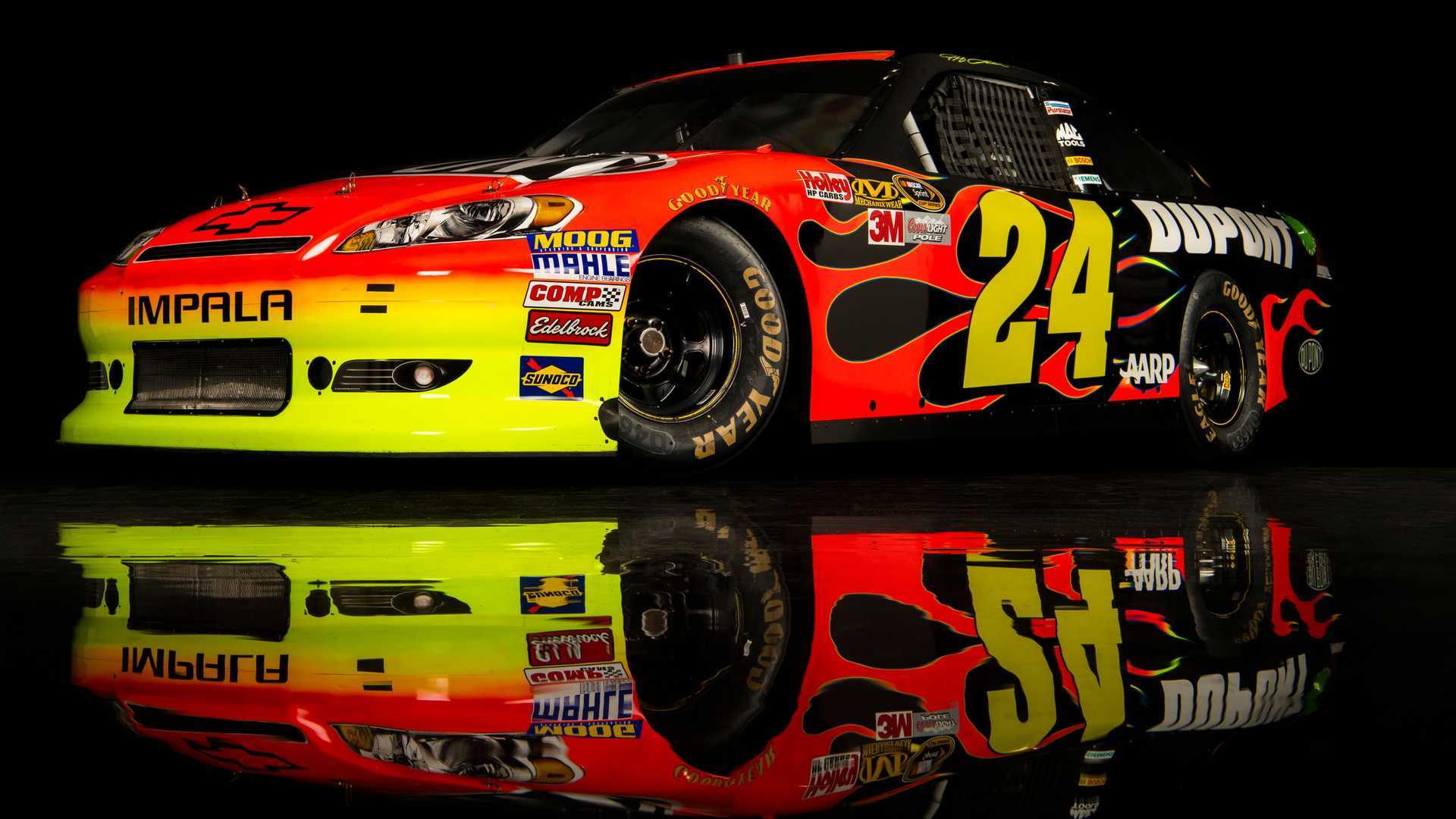In the ever-evolving world of NASCAR, comparisons between the sport’s legendary figures often spark debates and fuel the passion of racing enthusiasts. The tale of Richard Petty, with his seven championships and 200 wins, against the remarkable rise of Jeff Gordon, is a testament to the evolution of the sport across different eras. Let’s delve deeper into the contrasting careers of these two iconic drivers and explore the intriguing nuances that define their legacy.
Inception and Racing Background
Richard Petty: The Trailblazer Richard Petty emerged from a racing dynasty, steeped in the rich heritage of NASCAR. His legacy is entwined with the sport’s early heroes, where family-operated teams were the norm. His unparalleled success, with seven Daytona 500 victories and seven championships, solidified his status as an enduring legend.
Jeff Gordon: The Modern Era Prodigy Contrastingly, Jeff Gordon, a fresh-faced talent from California, represented a shift towards a new era in NASCAR. As a paid driver in an age of burgeoning commercial influence, Gordon’s ascent was rapid. His four championships and 93 wins in a notably shorter span reflect the changing landscape of NASCAR towards professionalism and commercialization.
Career Milestones and Distinctions
Pioneering Differences in Racing Styles Petty, a hands-on driver involved in building his own cars, thrived in an era where mechanical expertise was pivotal. His dominance spanned through different tracks, including the challenging dirt tracks, where his prowess was truly remarkable. In contrast, Gordon’s success primarily unfolded in an era defined by high-tech advancements and the absence of dirt track challenges.
Statistics: A Comparative Lens Petty’s achievements, notably his 200 wins, stand as an unparalleled record unlikely to be surpassed. Gordon, with his 93 wins and four championships, made a swift impact in a more competitive and commercially charged NASCAR landscape. However, directly comparing their achievements is nuanced by the vastly different circumstances of their respective eras.
Assessing Success: Era vs. Competition
Measuring Success Across Different Eras The evaluation of who stands as the greatest NASCAR driver remains subjective. Petty’s achievements unfolded over a prolonged period, whereas Gordon’s triumphs were in a more condensed timeline, marked by intensified competition and technological advancements. This inherent contrast makes the comparison complex and subjective.
Legacy and the Unending Debate The subjective nature of defining the greatest NASCAR driver is the essence of the sport’s allure. Evaluating Petty and Gordon involves more than numbers; it encompasses the eras they raced in, the challenges they faced, and the legacies they created. The never-ending debates and discussions surrounding their achievements add depth and fascination to NASCAR’s rich history.
The divergent paths of Petty and Gordon in NASCAR underline the evolving nature of the sport, marked by technological transformations, commercial influences, and a change in racing ideologies. Their careers serve as a testament to the adaptability and resilience required to excel in a sport perpetually in flux.
In conclusion, comparing Richard Petty and Jeff Gordon goes beyond statistics; it encapsulates the essence of NASCAR’s evolution, the changing paradigms of racing, and the everlasting debate about greatness. Their legacies stand as distinct chapters in NASCAR’s storied history, continuing to captivate enthusiasts and fuel fervent discussions about the sport’s defining legends.



